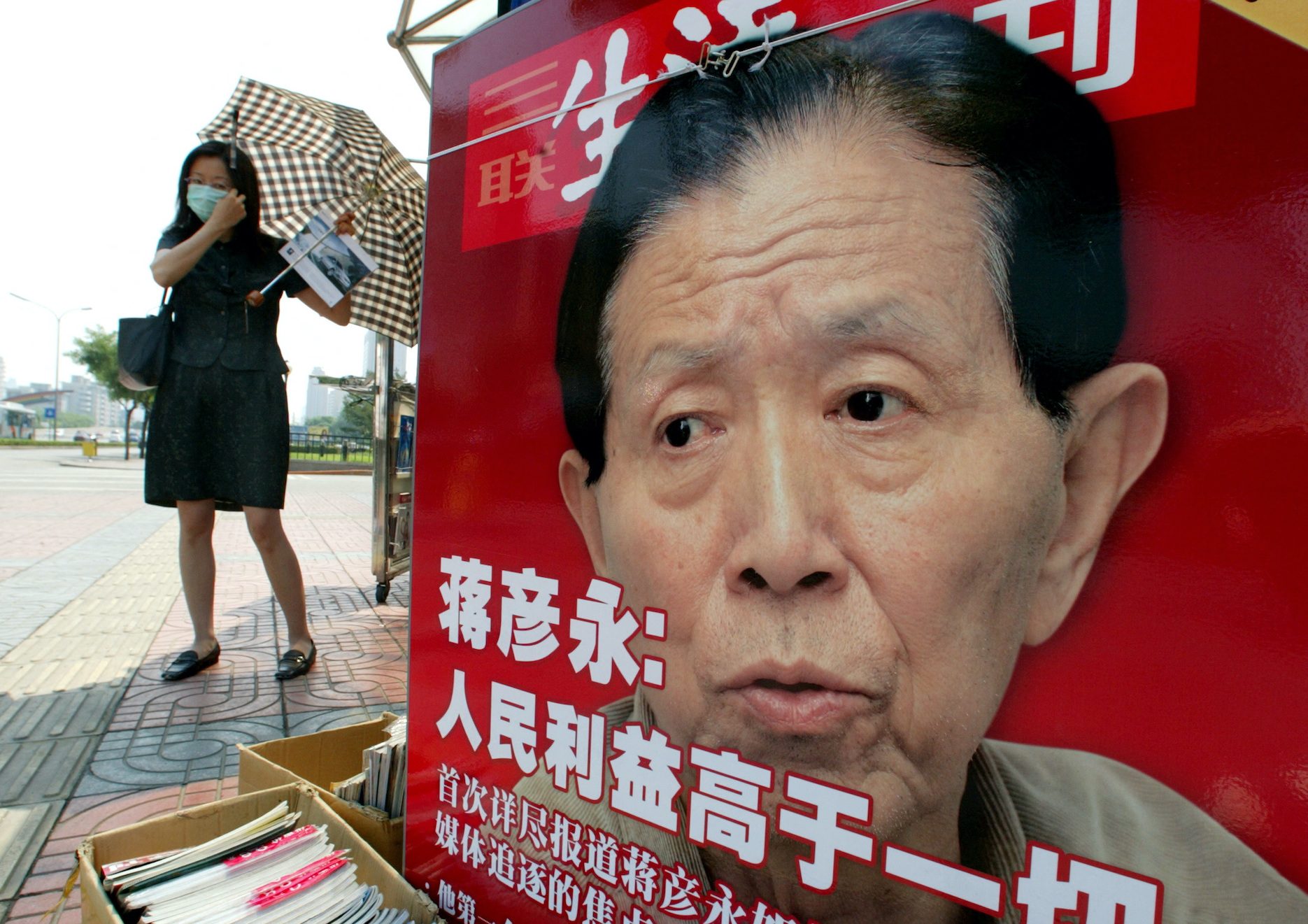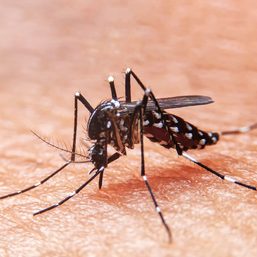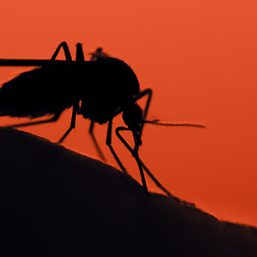SUMMARY
This is AI generated summarization, which may have errors. For context, always refer to the full article.

BEIJING, China – A Chinese military doctor who exposed the full extent of the SARS epidemic when it ripped through Beijing in 2003 has died at the age of 91, according to his friends and local media reports.
Jiang Yanyong accused the government of deliberately underreporting the spread of the respiratory disease in an open letter sent to state media in 2003. The disease killed nearly 800 people worldwide.
News of his death was not reported in Chinese state media, as is the norm with politically sensitive public figures.
Hu Jia, a human rights activist who said he was a longtime friend of Jiang’s, told Reuters he died in a Beijing military hospital.
Two other family friends of Jiang, Bao Pu and Bao Jian, posted on Twitter about his passing earlier this week. Neither immediately replied to a request for comment from Reuters.
“Dr. Jiang Yanyong, who exposed the concealment of the SARS epidemic and was known for daring to tell the truth, passed away,” Bao Pu wrote on Twitter.
Some media including the South China Morning Post said he died on Saturday, March 11, of pneumonia, citing sources. Reuters could not immediately confirm this.
Jiang’s death came during the annual sessions of China’s parliament, a politically sensitive time when security measures are ramped up in the capital.
Born into a wealthy banking family and a longtime member of China’s ruling Communist Party, Jiang served as a chief surgeon at a major military hospital in Beijing.
After his letter accusing authorities of covering up SARS in 2003, the Chinese government subsequently dismissed several officials including the health minister, and said it would be more transparent about responding to the crisis.
Jiang – who in a 2004 open letter also criticized the Communist Party leadership over the 1989 bloody crackdown of pro-democracy demonstrations, a taboo subject in China – said in 2009 that he had subsequently spent months under house arrest and was banned from traveling overseas.
SARS infected 8,908 people worldwide after emerging in the southern Chinese province of Guangdong, eventually killing 774, according to World Health Organization data.
The vast majority of cases and deaths were found in China.
Some countries, including the United States, have also criticized China for not sharing enough data about the origins of the COVID-19 pandemic, which erupted in the central Chinese city of Wuhan in late 2019, and the spread of the disease in China.
Beijing has said it has been transparent and said such criticisms are politically motivated. – Rappler.com
Add a comment
How does this make you feel?





There are no comments yet. Add your comment to start the conversation.